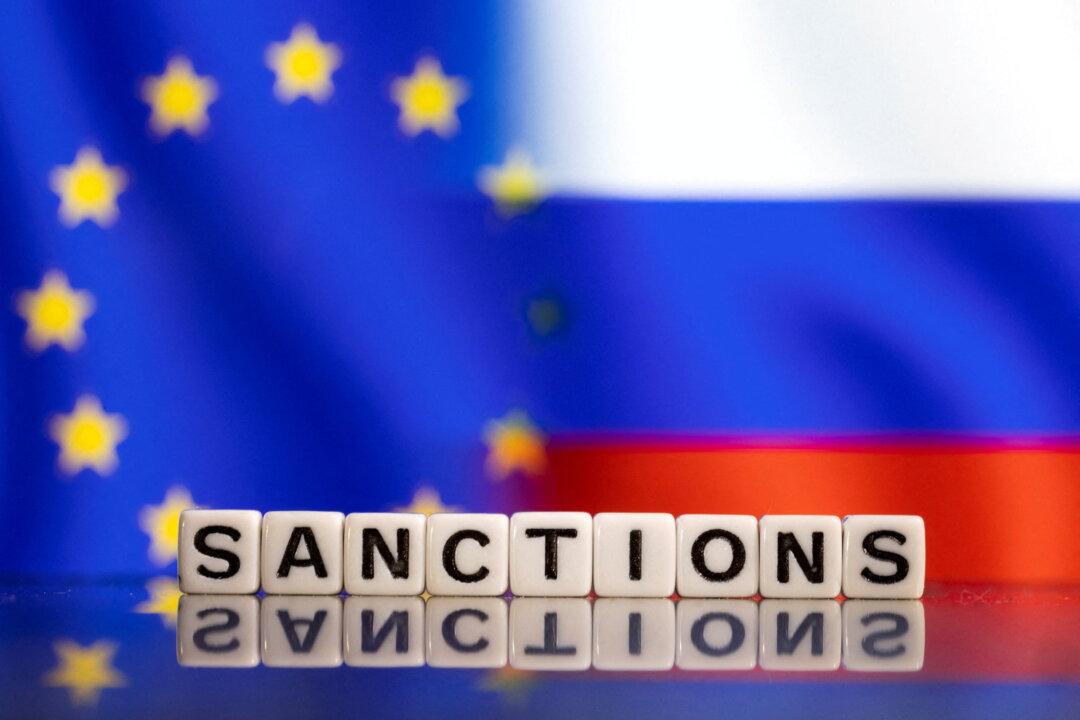Commentary
The proposals of the European Union and the United States to implement a complete energy embargo on Russia must consider the reality that Asia is importing all that Russia can offer.

The proposals of the European Union and the United States to implement a complete energy embargo on Russia must consider the reality that Asia is importing all that Russia can offer.